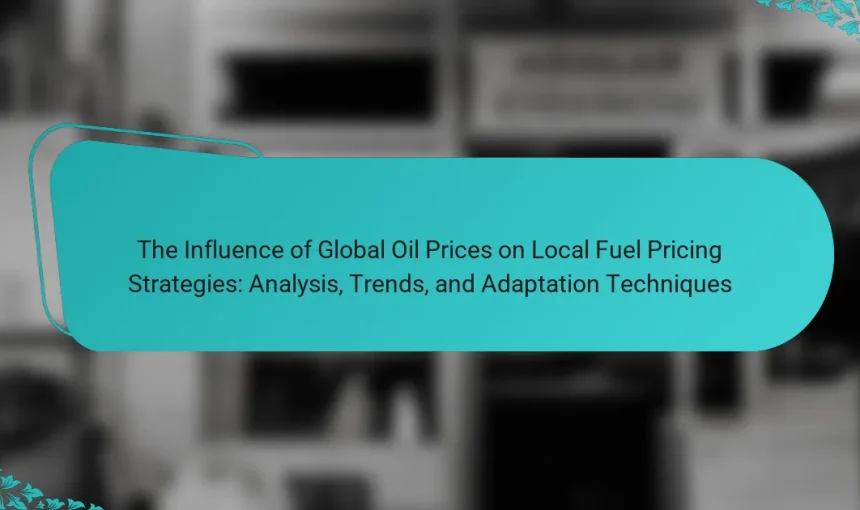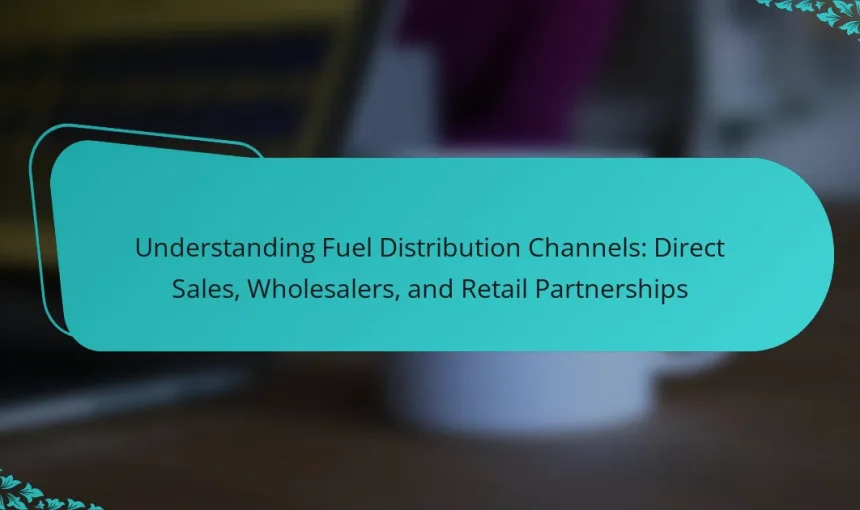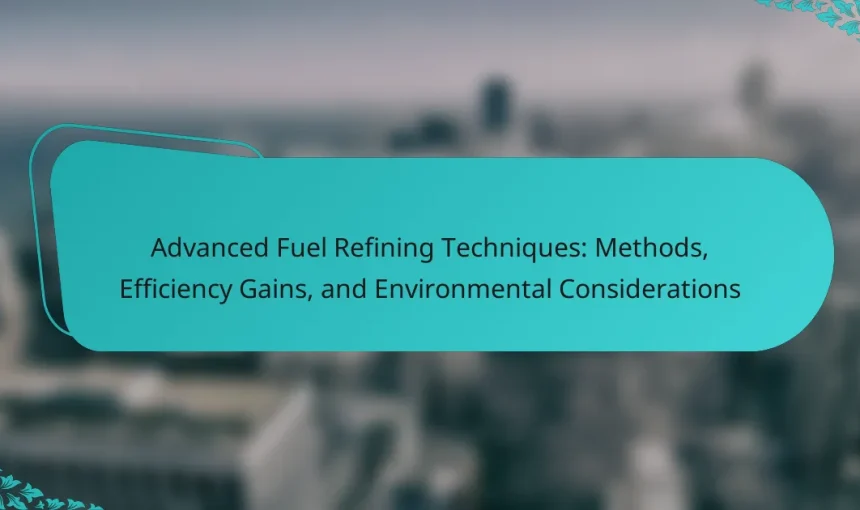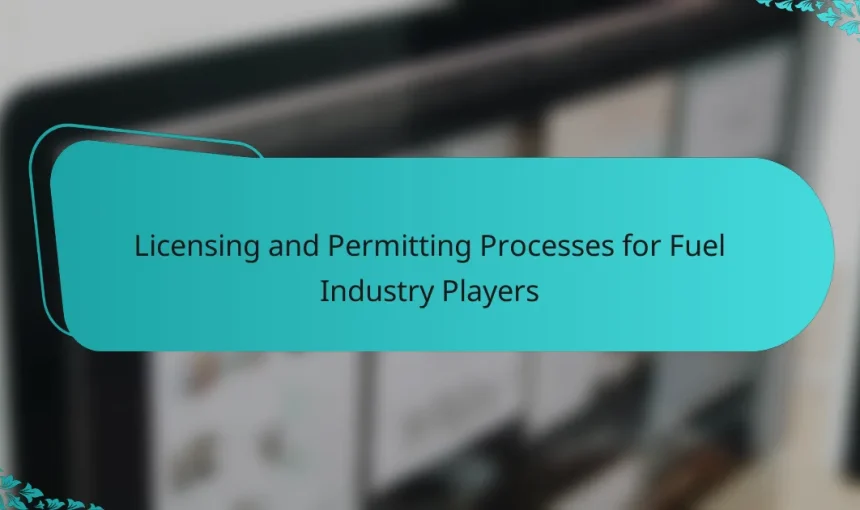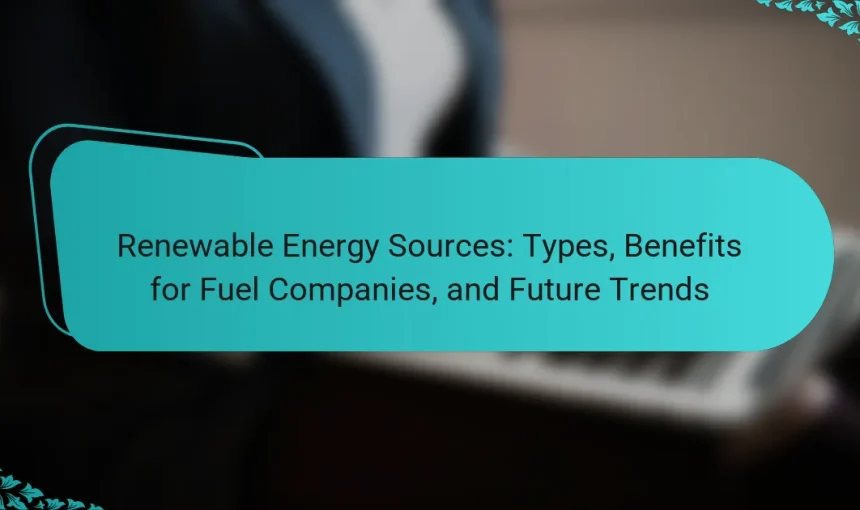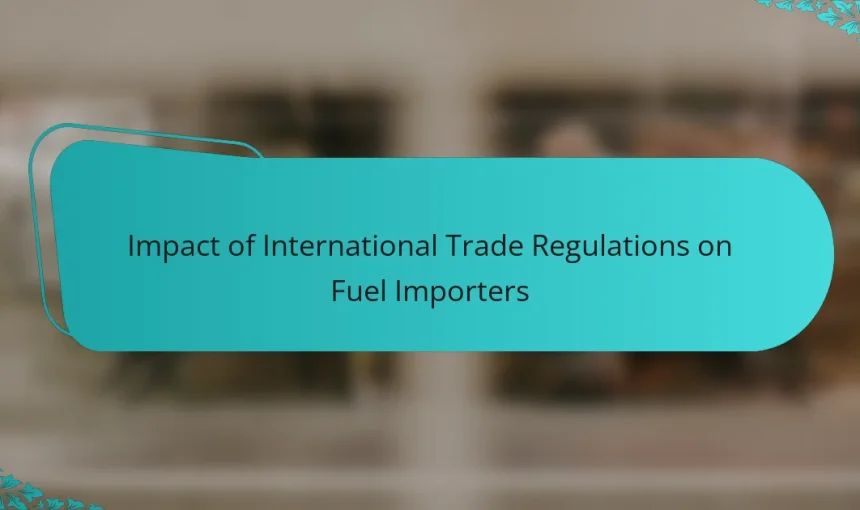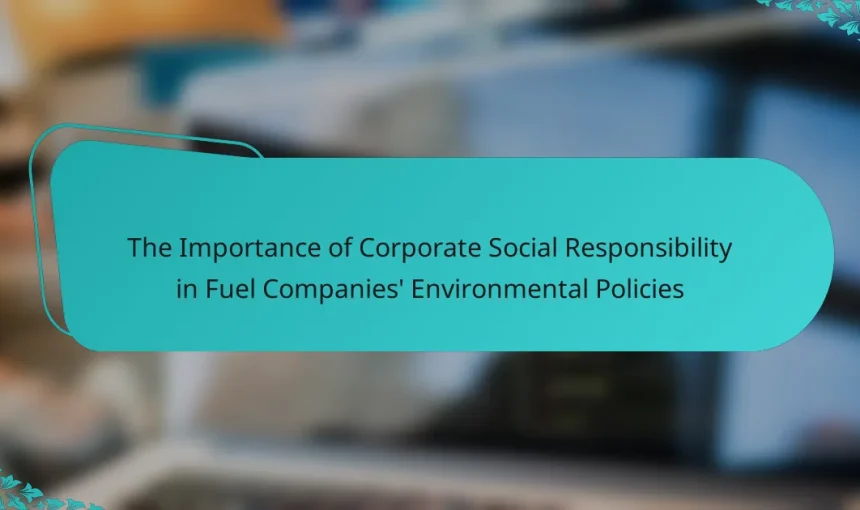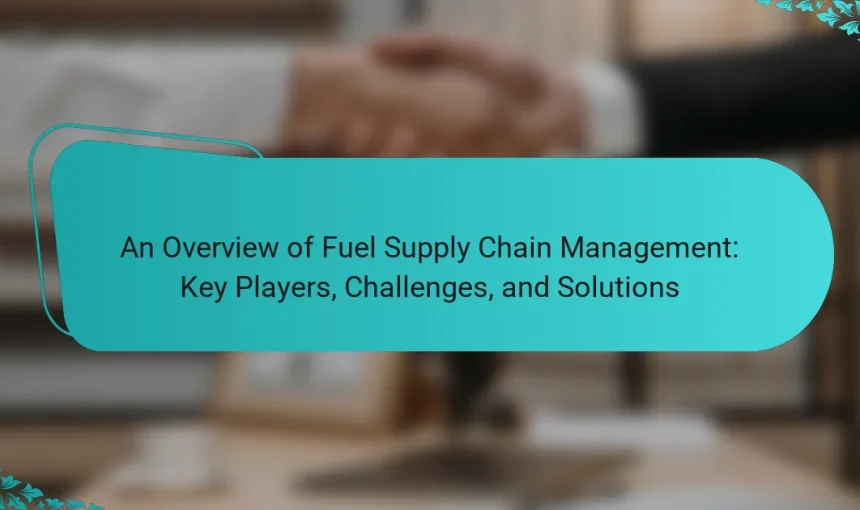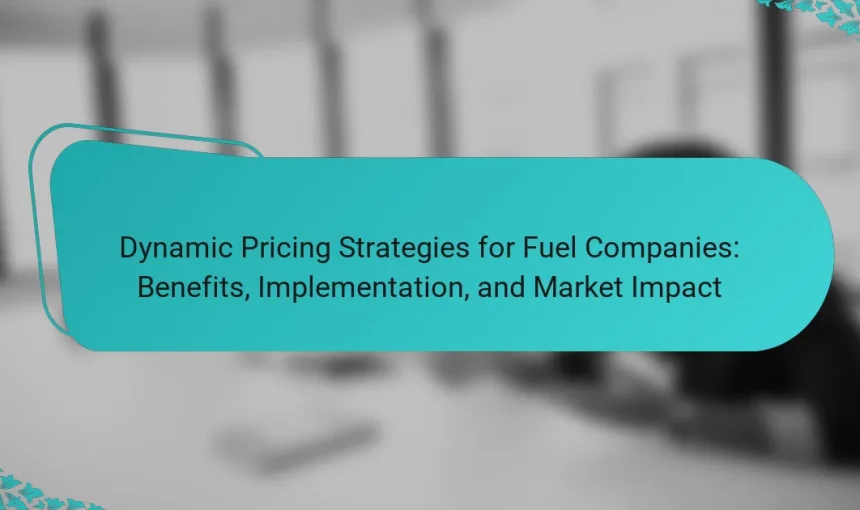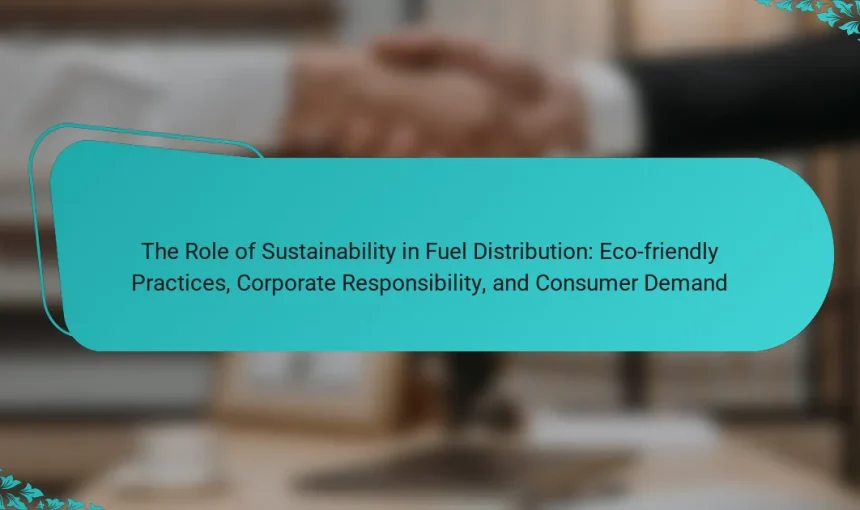What is the Influence of Global Oil Prices on Local Fuel Pricing Strategies? Global oil prices significantly influence local fuel pricing strategies. When global oil prices rise, local fuel prices typically increase to maintain profit margins. Conversely, when global oil prices fall, local prices may decrease. This correlation exists due to the cost structure of […]
What are Fuel Distribution Channels? Fuel distribution channels are the pathways through which fuel products are delivered from producers to end consumers. These channels include direct sales, wholesalers, and retail partnerships. Direct sales involve fuel suppliers selling fuel directly to consumers or businesses. Wholesalers act as intermediaries, purchasing large quantities of fuel and reselling to […]
What are Advanced Fuel Refining Techniques? Advanced fuel refining techniques are innovative processes that enhance the quality and efficiency of fuel production. These methods include hydrocracking, catalytic reforming, and alkylation. Hydrocracking converts heavy oils into lighter, more valuable products using hydrogen and catalysts. Catalytic reforming improves the octane rating of gasoline by rearranging hydrocarbon molecules. […]
What are the Licensing and Permitting Processes for Fuel Industry Players? The licensing and permitting processes for fuel industry players involve multiple regulatory steps. First, companies must obtain a business license from local authorities. This license ensures compliance with local laws and regulations. Next, environmental permits are required to assess the potential impact on ecosystems. […]
What are Renewable Energy Sources? Renewable energy sources are energy types that are replenished naturally. Common examples include solar, wind, hydroelectric, geothermal, and biomass energy. These sources are sustainable, meaning they can be used without depleting resources. According to the International Energy Agency, renewable energy accounted for nearly 30% of global electricity generation in 2020. […]
What are International Trade Regulations and Their Importance for Fuel Importers? International trade regulations are rules and laws that govern the exchange of goods and services across borders. These regulations ensure compliance with safety, quality, and environmental standards. For fuel importers, adherence to these regulations is crucial. Non-compliance can lead to significant penalties, including fines […]
What is Corporate Social Responsibility in Fuel Companies? Corporate Social Responsibility (CSR) in fuel companies refers to their commitment to ethical practices and sustainable development. It involves integrating social, environmental, and economic concerns into their operations and interactions with stakeholders. Fuel companies engage in CSR to minimize their environmental impact, support local communities, and ensure […]
What is Fuel Supply Chain Management? Fuel Supply Chain Management is the process of overseeing the entire lifecycle of fuel, from production to delivery. It involves various stages including sourcing, refining, transportation, and distribution. Effective management ensures that fuel is available when and where it is needed. It also aims to minimize costs and optimize […]
What are Dynamic Pricing Strategies for Fuel Companies? Dynamic pricing strategies for fuel companies involve adjusting fuel prices based on market demand, competition, and external factors. These strategies allow companies to optimize revenue and manage supply effectively. For instance, prices may increase during peak travel seasons or in response to a rise in crude oil […]
What is the Role of Sustainability in Fuel Distribution? Sustainability in fuel distribution focuses on reducing environmental impact. It involves adopting eco-friendly practices throughout the supply chain. These practices include optimizing logistics to minimize carbon emissions. Companies are increasingly investing in renewable energy sources. This shift supports corporate responsibility and meets consumer demand for greener […]
